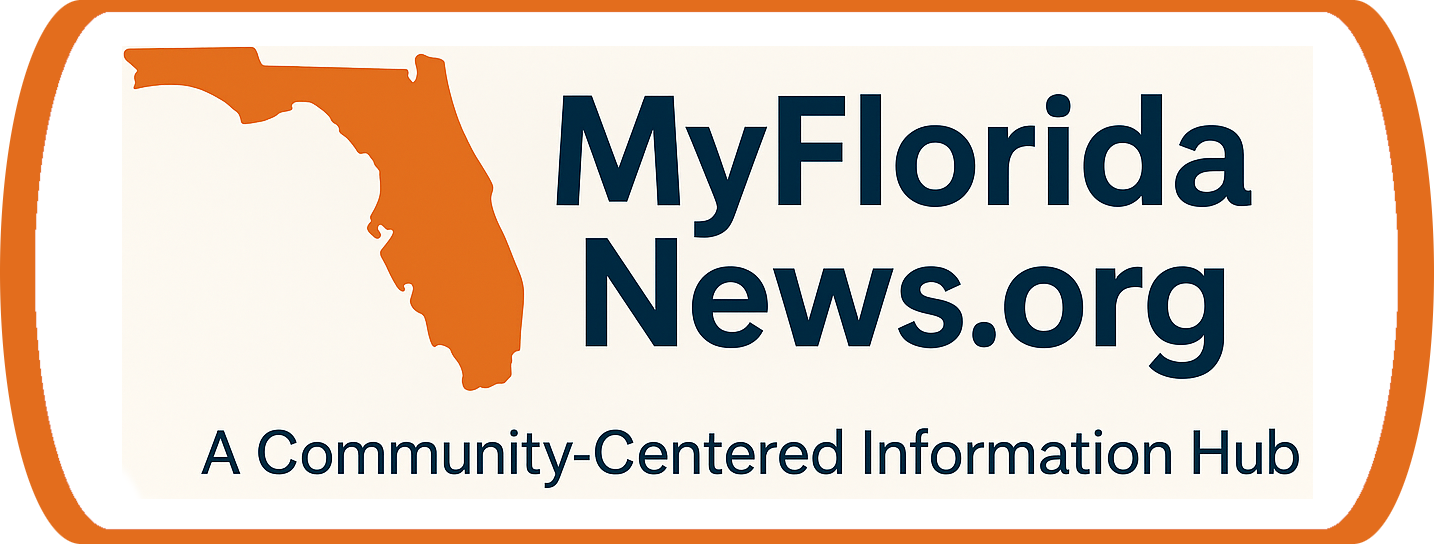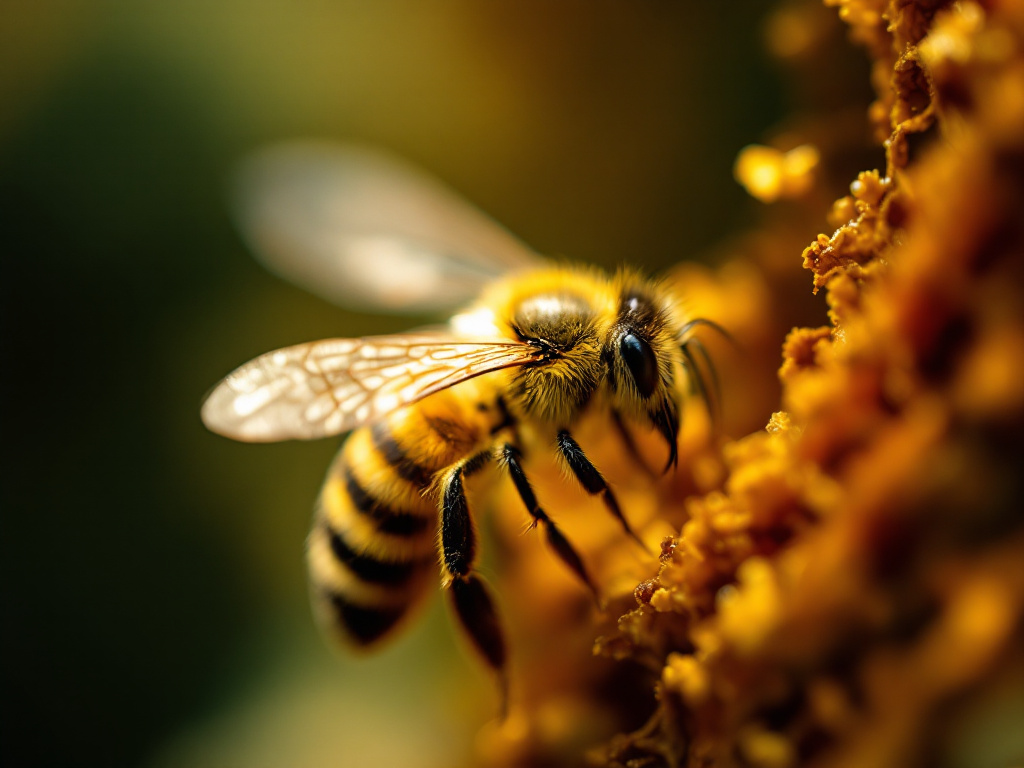Image generated by flux-ai.io & content generated by ChatGPT Version 4o-mini
The Buzz on Bees: How Honey Bees Are Key to Local Farming in Hernando County
As residents of Hernando County, we’re familiar with the rich agricultural landscape that surrounds us. From our delicious blueberries to the watermelons that pop up in local markets, pollination plays a vital role in ensuring these crops thrive. Recent research has shed light on just how important honey bees are to our farming community, especially in Florida, where they help increase both the quantity and quality of fruits and vegetables.
A study by researchers Malcolm T. Sanford, Jeanette Klopchin, and James D. Ellis emphasizes the essential partnership between beekeepers and growers. Their findings suggest that using honey bees for pollination can significantly improve crop yields—something that can make a big difference for farmers in Hernando County. This is particularly relevant as our county has a diverse agricultural sector, with crops like nursery stock and vegetables contributing to our local economy.
Why Honey Bees Matter
Honey bees are not just buzzing insects; they are crucial for the pollination of many plants. Without them, fruits like blueberries and watermelons would not grow as well. The researchers argue that having a steady supply of honey bees can help offset the effects of poor weather, which can often hinder crop production. So, when growers in Hernando County face challenges like drought or unexpected rain, a healthy bee population can provide a safety net by ensuring that pollination still occurs effectively.
The Importance of Communication
For this partnership to work smoothly, the researchers highlight the need for clear communication between beekeepers and farmers. Both parties must understand each other’s needs and responsibilities. This includes everything from the proper timing for introducing bees into fields to ensuring that no harmful pesticides are used when bees are present. Developing a written pollination agreement is essential to outline the expectations and responsibilities of both beekeepers and growers. This agreement should cover key points such as the number of hives, their placement, the duration of hive presence, and notification procedures for pesticide applications.
In Hernando County, where many residents engage in farming or gardening, promoting practices that protect these important pollinators is crucial. This means farmers need to be aware of the best ways to manage crops while also safeguarding the health of bee populations. Moreover, beekeepers should communicate with growers to understand crop dynamics and manage hive placement accordingly.
Creating a Pollination Agreement
To formalize these partnerships, the researchers propose using a written pollination agreement—a sort of contract that outlines the expectations and responsibilities of both beekeepers and growers. For example, it would specify how many beehives to provide, when they should be delivered, and how to manage the bees throughout the growing season. This agreement is beneficial in establishing clear communication regarding pesticide use and hive management, ultimately fostering stronger relationships between local farmers and beekeepers.
With a growing population in Hernando County (up 12.6% from 2010 to 2020), the demand for fresh, locally-grown produce is increasing. By ensuring that our crops are well-pollinated, we can help meet this demand and support our local economy.
What Can You Do?
As community members, we can all play a part in supporting our local farmers and beekeepers. Simple actions like planting bee-friendly flowers in our gardens or advocating for sustainable farming practices can make a big difference. Additionally, if you’re a homeowner with a garden, consider learning more about how to attract and protect honey bees in your backyard.
In summary, honey bees are more than just a buzzing nuisance; they are vital partners in our agricultural community. By understanding their role and promoting healthy practices, we can help ensure that Hernando County remains a thriving hub for local agriculture, benefiting both farmers and residents alike. So next time you enjoy a sweet slice of watermelon or a handful of blueberries, remember the tiny heroes behind the scenes—the honey bees!
References
ENY110/AA169: Sample Pollination Agreement. (n.d.). Ask IFAS – Powered by EDIS. https://edis.ifas.ufl.edu/publication/AA169

